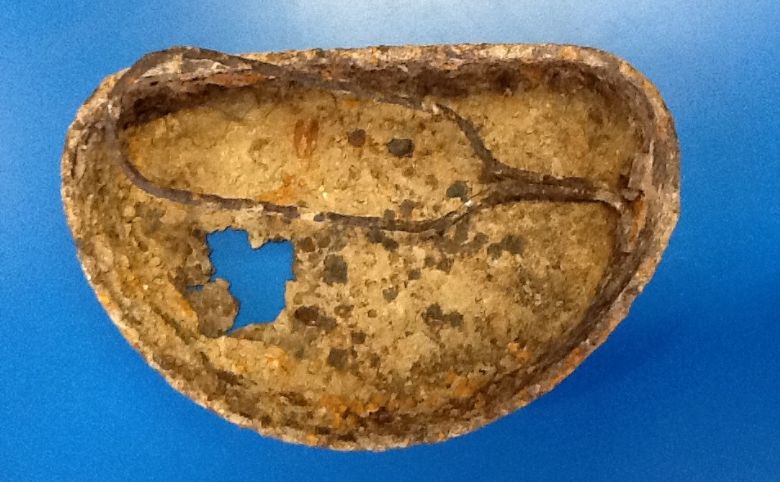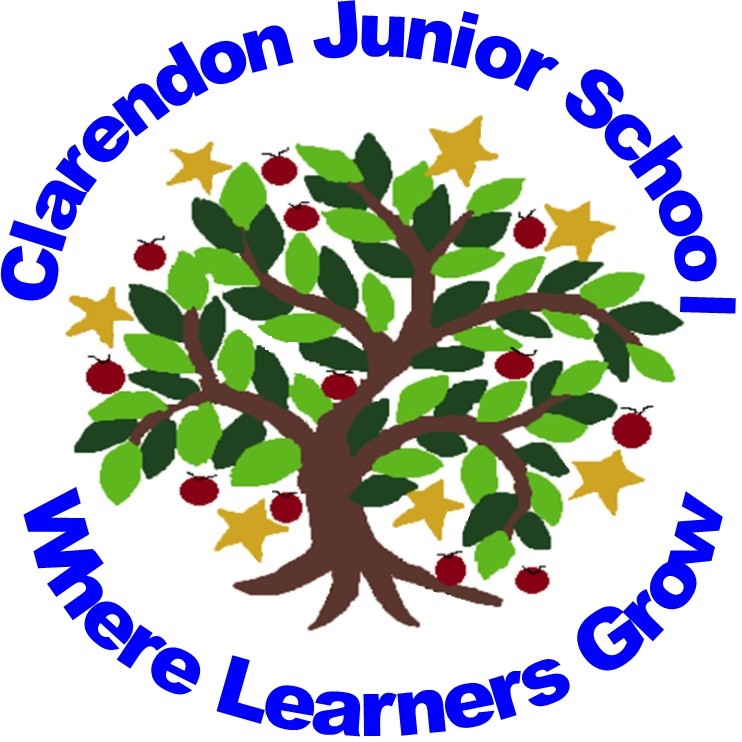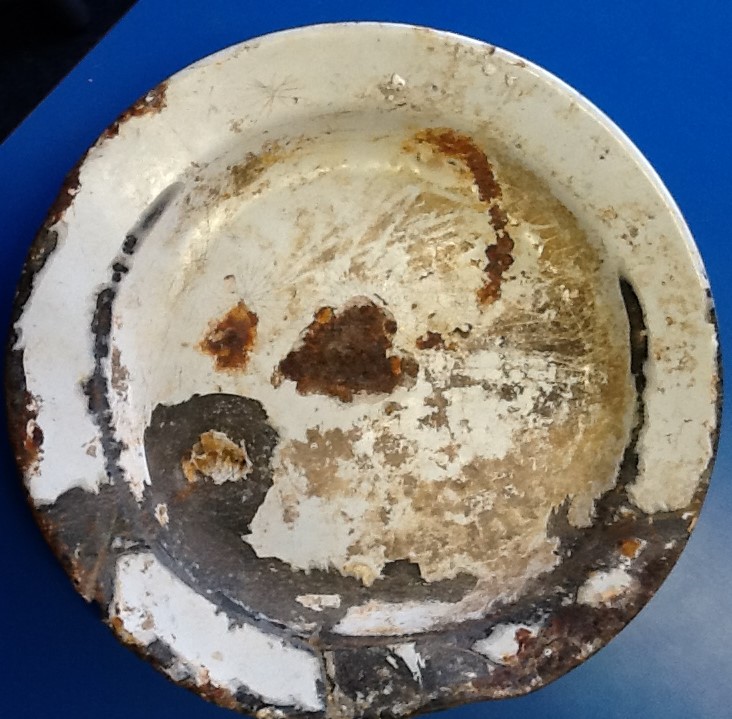History
'A people without knowledge of their past history, origin and culture is like a tree without roots.'
Marcus Garvey
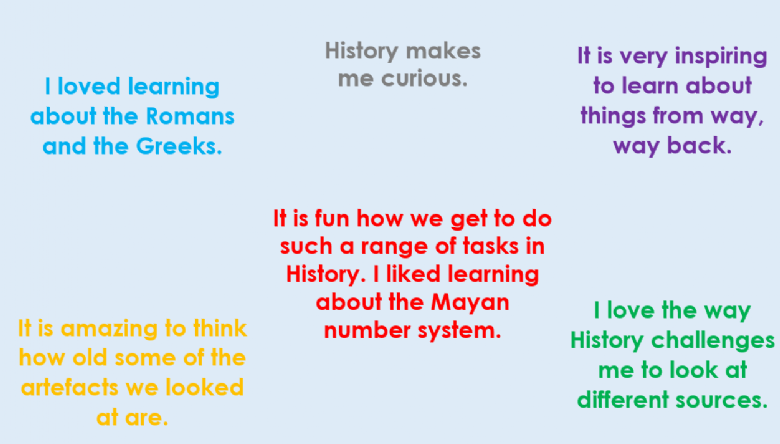

Intent
The intention of the history curriculum at Clarendon Junior school is to help children gain a coherent knowledge and understanding of Britain’s past and that of the wider world. It should inspire pupils’ curiosity to know more about the past.
Implementation
Our biggest focus in KS2 is to ensure that pupils gain a knowledge of chronology and how events fit in to national and world timelines.
Teaching ensures the pupils are able to ask perceptive questions, think critically, weigh evidence, sift arguments, and develop perspective and judgement.
Pupils gain an understanding of the complexity of people’s lives, the process of change, the diversity of societies and relationships between different groups, as well as their own identity and the challenges of their time.
Implementation
Pupils are exposed to high quality resources and enriching experiences in order to allow them to fully immerse themselves in a topic. These should include:
• Displays are used to remind children of key vocabulary
• Drama activities and dress up days linked to the topic allow children to put themselves in the shoes of people from the past.
• The use of artefacts to add real life objects, so they can develop their understanding further.
• The use of trips and workshops helps to add interest and extra dynamics to the topic.
How History is assessed:
We strive to ensure that our pupil’s attainment is in line or exceeds their potential when we consider the varied starting points of all our children. The learning challenges used, and progression grids used to plan and teach History, ensure that children are accessing work at age related expectations, with regular opportunities to be challenged through higher-level objectives.
Impact
History is monitored by the subject leader throughout all year groups using a variety of strategies such as book looks, learning walks, staff discussions and pupil interviews. Feedback is given to teachers and leaders use the information to see if the children know more and remember more.
Assessment data is collected using Insight Tracking which all stakeholders can access and used to monitor progress of learning.
Useful History websites:
Autumn 2023
This term, the children have enjoyed learning about a new time and place in the past. Year 3 have discovered more about the Stone Age and even went on a school trip to Stonehenge. Year 4 made some interesting discoveries about the Ancient Greeks, including the impact of Alexander the Great. They now have a better understanding of how archaeologists learn more about the past by finding and examining artefacts. Year 5 know more about the Anglo Saxons and Scots and focussed on making comparisons between the Anglo Saxon times and the present day with regard to peoples' daily lives, including jobs, homes and religious beliefs. Meanwhile, Year 6 were investigating what life was like under Queen Victoria's rule. They even experienced a Victorian school day, where they dressed up and role-played a full school day in the life of a Victorian child. The children really enjoyed this day despite how strict the teachers were!
Last Year
Summer 2023
Our theme for the term was Take One Artefact and each year group had a different artefact from their given era to investigate further. The children really enjoyed getting to see so many different artefacts and came up with some brilliant predictions about what they may have been used for.
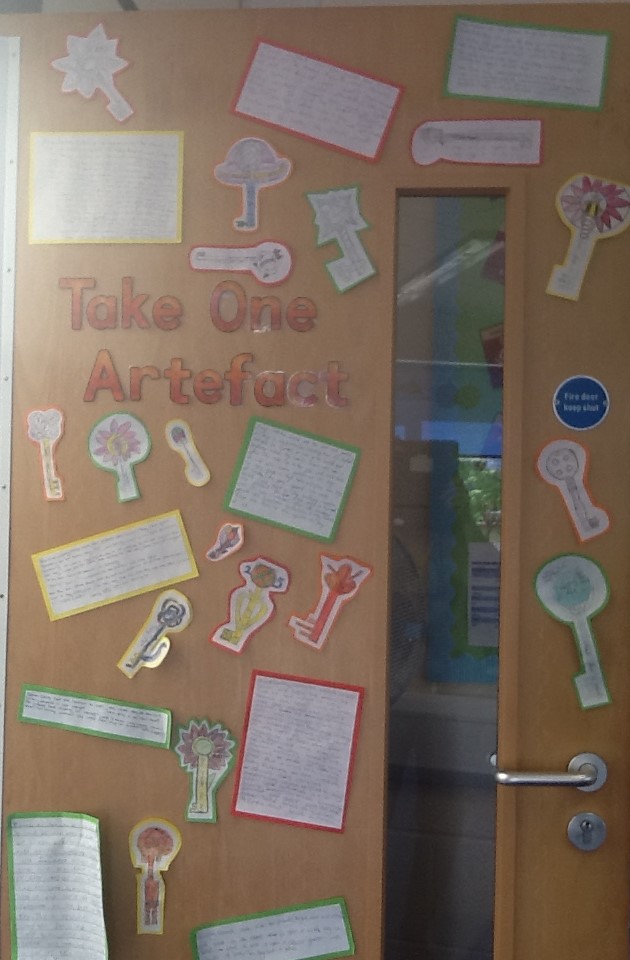


Year 3 - The Rosetta Stone Year 4 - A Roman Chariot Wheel

Year 5 -The Cocoa Bean Year 6 - A set of Dungeon Keys
Year 6 went to the Army Flying Museum on the 24th of February. It was a fantastic start to their topic about how the local area was used during World War One.
During Spring 2, Years 4, 5 and 6 used artefact boxes from Wessex Archaeology to enrich their learning. This local Historical association has created these boxes based on finds they have discovered on archaeological digs. This allowed the pupils to be more hands on with history and to explore their topics further.

